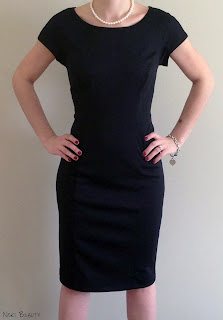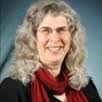We're in the second week of the
blogging challenge Cate Brubaker of
Small Planet Studio has set us.
Today's topic: "Tell us about your first 'global' experience."
First, I've got to say I love the quotations around the word "global." Those quotations give me and my fellow bloggers many more possibilities. (Because what's "global"? Hmmm. Define.)
For the purposes of this response, I'm defining "global" as connections to the world that can happen in your family, your neighborhood, and inside your head. That's so I can talk about something that happened when I was five--something I hadn't thought about for decades. (And, Cate, let me thank you for your excellent skill in drawing out early, unresolved memories for reflection. We're two for two here, Sigmund.)
How should I begin?
When you're five, people ask you what you want to be when you grow up. (Much later, I realized this is because they're all out of ideas for themselves.) Most little girls of my generation said they wanted to be a teacher or a nurse. Here's what I told them I wanted to be:
Yep, that's a Swiss Guard, one of the crew the Pope has around for security and ceremony. This was around 1960, during the time of Pope John XXIII. And John XXIII pulled considerable weight in my neighborhood, even among non-Catholics. To be on this pope's team? Wearing the absolutely best uniform in the history of the world? Who could resist?
I guess I told one too many people about my career choice. Or maybe someone tipped off my parents that their youngest daughter desperately needed a reality check. Whatever happened, one evening my father told me he'd like to speak with me alone after dinner.
It was a short conversation.
"I'm sorry, but you can't be a Swiss Guard."
"Why not?"
"Because we're not Swiss."
Thud.
That had never occurred to me as a disqualifier. Swiss-ness was all around me. I loved
Heidi. Not the Hollywood version, but the real live honest-to-God full length English translation of the original work (two volumes!) by Johanna Spyri, that my mother had read to me several times. I had a real Swiss watch that my sister had brought home for me. I can't say I was wild about Swiss cheese (I still attribute this to an early traumatic "Farmer in the Dell" experience that put me off
all cheese for quite a while), but I was all on board for the chocolate. And (perhaps most relevant) I had a Swiss Guard figure that stood at attention on the top of my dresser. It looked something like this:
The simple fact that I was barred from something Swiss by virtue of nationality absolutely floored me.
But that surprise is an important part of any transformative "global" experience--especially, I think, for children growing up in the US. There's that false sense of entitlement we all know about, and it manifests itself early, even (perhaps especially) through gifts we're given and art we experience. In enjoying
Heidi and my watch (which still works, by the way) and my beloved little figure, I'd embraced "Swiss" as a kind of brand name, and missed the significance of nationality.
Well, I was five, and all in all it was a worthwhile "global" experience, especially as it was my first. And the fact that only the Swiss can be Swiss Guards? That I coudn't be a Swiss Guard because I wasn't Swiss? That was okay. After a while.















